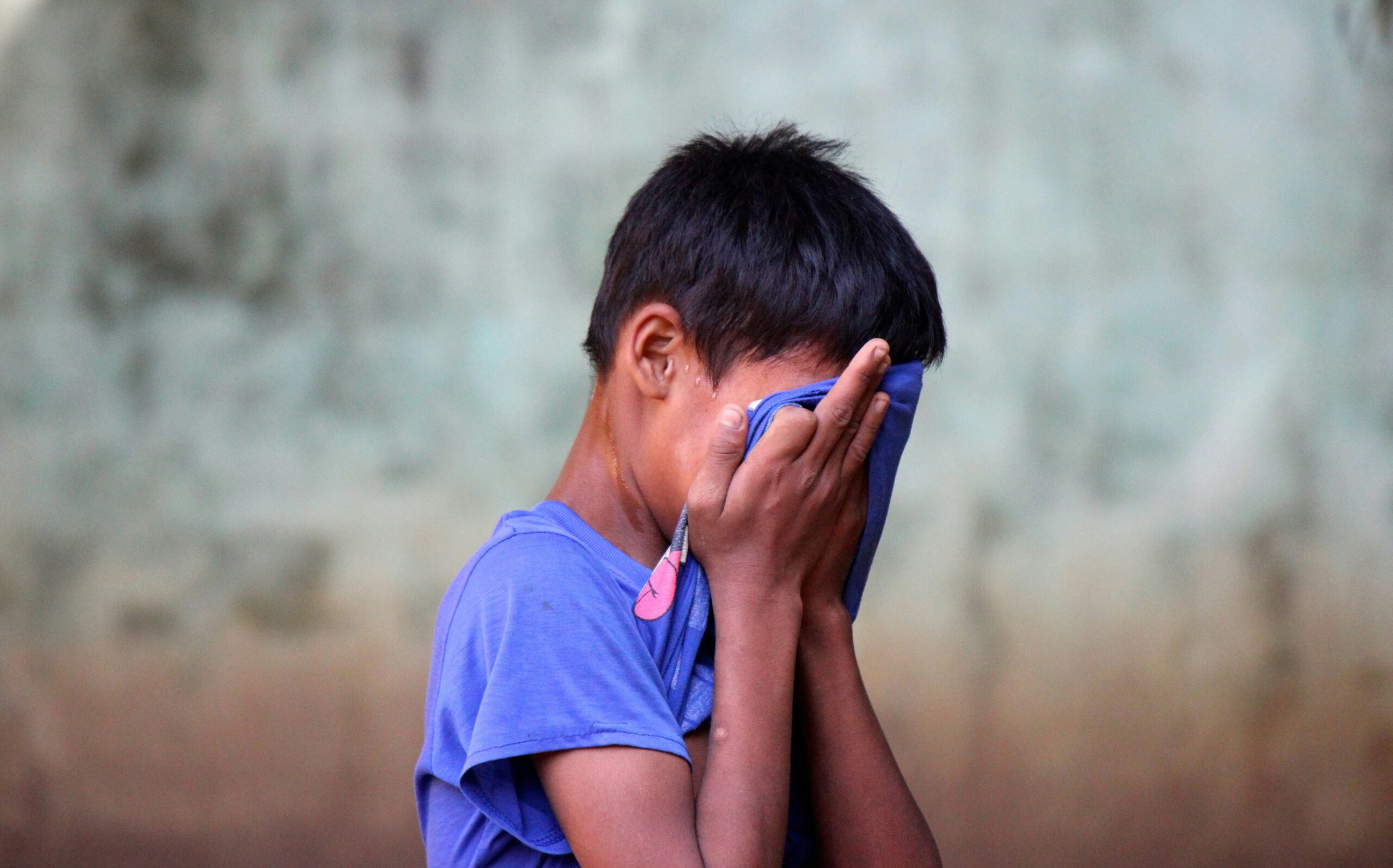If you’re a parent, you probably want your kids to be happy. Most parents do.
But do you also think that if you’re succeeding at being a good parent, your kids won’t ever suffer?
That their hearts won’t get broken, they won’t have any agonizing struggles finding their way in the world, that they won’t deal with depression or anxiety, that they won’t fail?
Be honest. I know it doesn’t sound rational to look at it head-on like this, but many parents, especially moms, have unrealistic expectations.
I have to admit that I’m one of them.
It’s a sneaky underlayer of what many of us experience when seeing our kids in a hard place.
The culture reinforces it.
Our culture’s meta-message is that there’s something wrong with us if we’re not happy all the time. Suffering equals failure.
Without realizing it, that myth shows up in our expectations of our kids. We worry that there’s something wrong with them and, therefore, how we’ve parented them if they have the problems that come with being human.
But there’s something else we want for them.
Besides wanting our kids to be happy, there’s something else we want for them, something bigger picture and longer-term:
We want them to become capable, resourceful, caring people.
You want that for your kids, right? I know I do.
Unfortunately, the things we think we should somehow be able to protect them from—failure, disappointment, hurt, sadness—are necessary for their development into the capable, resourceful, caring people we want them to become.
Think about it.
Is it possible to become a capable person without failing or falling down multiple times while learning?
It’s not. But those necessary experiences are uncomfortable and sometimes involve a lot of suffering.
Is it possible to become resourceful when there are no big obstacles to surmount?
No. Being stumped by obstacles is frustrating, even painful. But it is out of facing these kinds of challenges that we develop the ability to be resourceful.
And what about becoming a caring person? Can you become a caring, compassionate person without having your own experiences of hurt, sadness, loneliness, and disappointment?
Absolutely not. It takes first-hand experience of these difficult emotions to be able to empathize with others, which is core to being a caring person.
Look at your own experience.
I know for myself that the most challenging experiences in my life were the ones that made me into the person I am today in ways that I value.
They seemed painful and senseless at the time, sometimes for long periods. But looking back, I see how they were necessary for my growth. I wouldn’t exchange them for anything.
How about you?
Think about the hard times you’ve been through in your life.
Maybe you were bullied as a child. Perhaps you lost someone close to you. Possibly, you’ve dealt with an illness or a difficult parent.
While you may still wish you hadn’t had those experiences, can you see how there may have been some wisdom, strength, or compassion — perhaps greater resilience — that you developed as a result of them?
Seeing the value in your own difficult experiences can help to have more trust that your children are learning valuable life lessons.
Because really, why should it be any different with our kids?
Why do we fear that hardship or suffering will take our kids down when it may actually be the rich manure — the gold in the s**** — that will help them grow?
Making the attitude shift.
What if you could cultivate an attitude of welcoming your kids’ hardships and challenges with open arms, trusting that it is a necessary part of their journey?
What if when your kid is having a hard time, you could know in your bones that this is a valuable experience — the fire to be walked through that is key to their becoming a full-hearted, resourceful human being?
What if you could convey that confidence to your kid so that she, too, could learn that this is the very stuff that will make her into an amazing person, the trial to be endured that is an essential part of her hero’s journey?
This attitude shift is worth cultivating.
While we can love them and be there for them, we can’t prevent these formative experiences, even though we may wish we could.
In fact, doing so would be like the man who saw the butterfly struggling to emerge from the cocoon:
Wanting to be helpful, he used a stick to help it get free. Unwittingly, however, his “help” left the butterfly unable to fly since the struggle to emerge was part of what it needed to develop the strength to do so.
So next time you feel you are failing as a parent as you see your kid going through something difficult, remember the butterfly. Remember that your child has the potential within to find their way and that they are in the process of becoming a little stronger, wiser, more compassionate, and more resilient as a result.




0 Comments